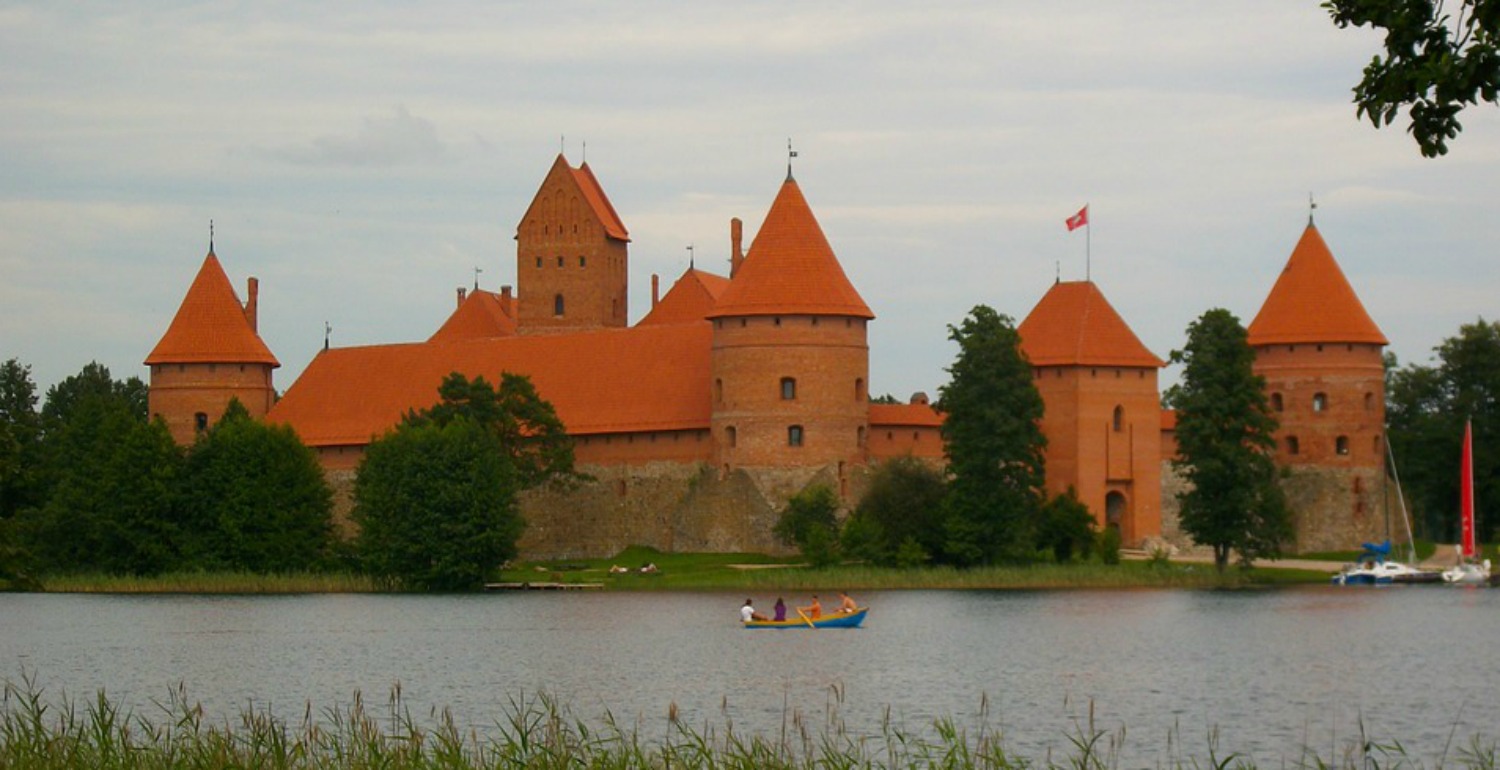Rep. Chris Smith (NJ-04) and other legislators welcomed Lithuania’s as a member of NATO, the EU, and OSCE Chair-in-Office. The commissioners commended Lithuania on its remarkable work in democratically reforms in its own country.
However, the attendees of the hearing expressed their concerns over Lithuania’s neighbor, Belarus, Europe’s “last dictatorship.” Legislators also reflected on the trajectories of other Newly Independent States.






